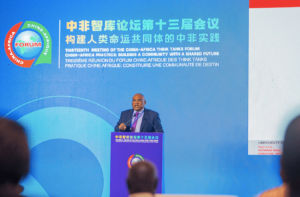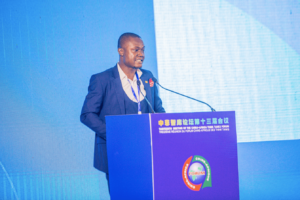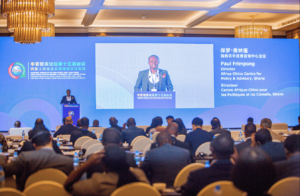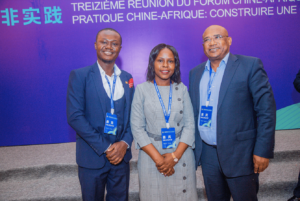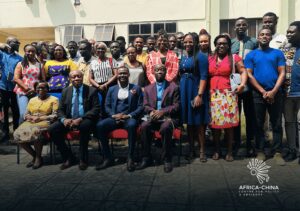
Africa-China relations are often shrouded in myths – Sanne van der Lugt.
In a recent webinar organized by the Africa-China Centre for Policy & Advisory (ACCPA) on Africa’s Agency in Sino-Africa Relations, Sanne Ver Der Lugt, a research fellow at the Leiden Asia Centre, delivered a presentation that challenged some prevailing myths surrounding Africa– China relations.



